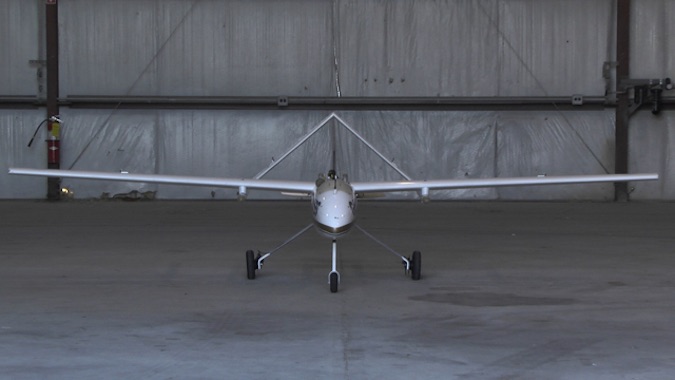
Researchers from the University of Virginia’s School of Engineering and Applied Science Department announced the successful testing of new cyber-defenses aimed at protecting unmanned aerial drones.
The researchers have dubbed their defensive technology “Secure Sentinel.” According to UVA, the test was part of a research project to detect and respond to cyber-attacks against unmanned systems designed to collect, process, store and disseminate data that can include anything from troop movements to environmental information. The tests were conducted with help from the Georgia Tech Research Institute and featured a series of live flight cyber-attack scenarios.
“Our research focuses on providing additional security by employing an on-board secure monitoring subsystem to detect illogical behaviors relative to the expected profile of a system’s performance,” said Barry Horowitz, project leader and professor of systems and information engineering at the University of Virginia, in a statement. “Detections can serve to initiate automated recovery actions and to alert operators of the attack. The cybersecurity Sentinel system includes design features that allow it to be far more secure than the system it monitors.”
According to the UVA, the demonstrated emulated attack scenarios such as ground-based cyber-attacks, insider attacks and attacks on the supply chain. The tests were performed during a five-day period and focused on four areas: manipulation of GPS embedded data, waypoint manipulations originating from ground or onboard sources, manipulation of critical meta data related to transmitted imagery and onboard surveillance and payload control breaches.
In each case, the Secure Sentinel technology was able to detect, inform and correct system performance in response to the emulated cyber-attacks, according to UVA. The technology was developed through the Stevens Institute-led Systems Engineering Research Center, a University Affiliated Research Center sponsored by the Department of Defense.
The University of Virginia has licensed the technology to Mission Secure Inc., which is in the process of commercializing its security technology for the military, intelligence and civil sectors.














